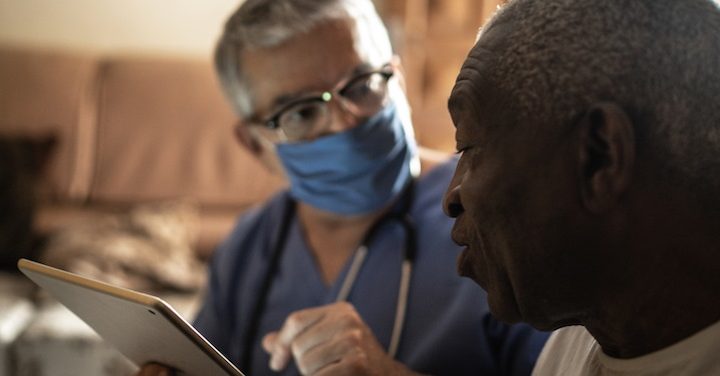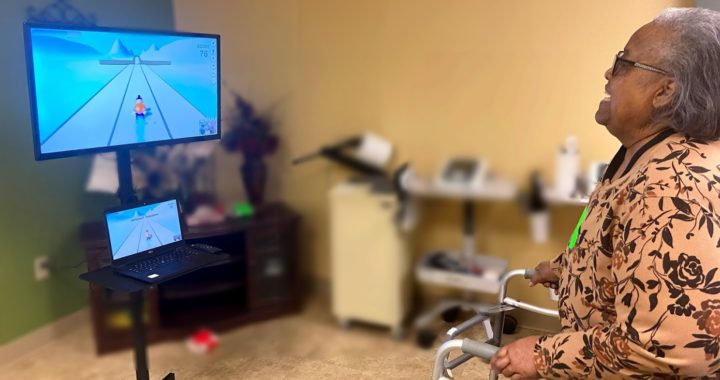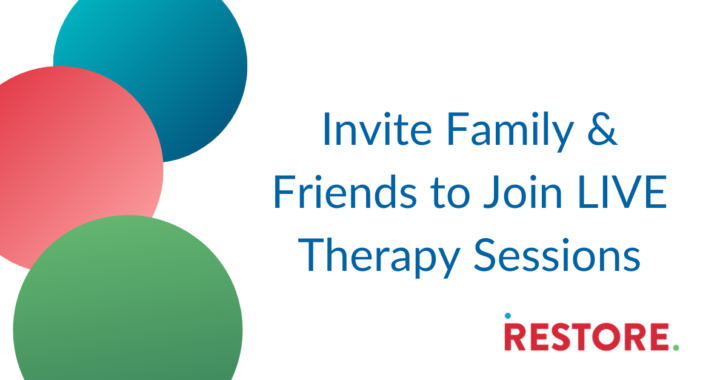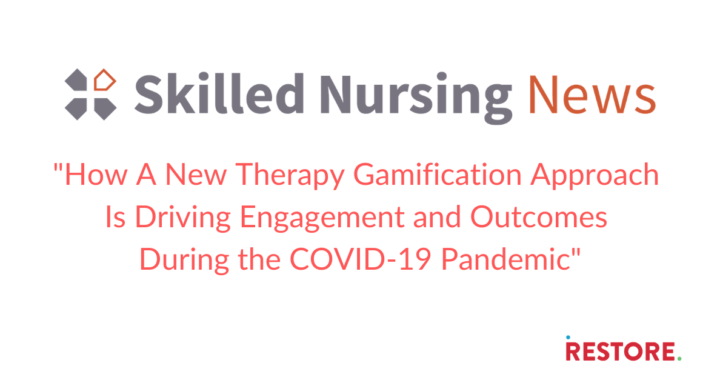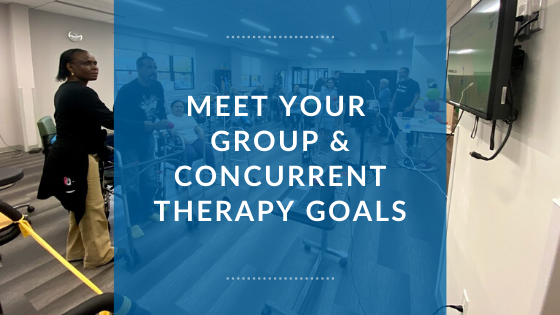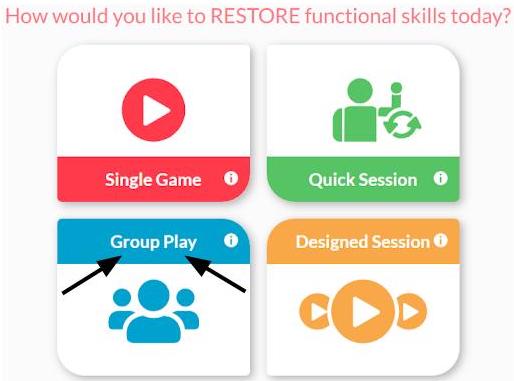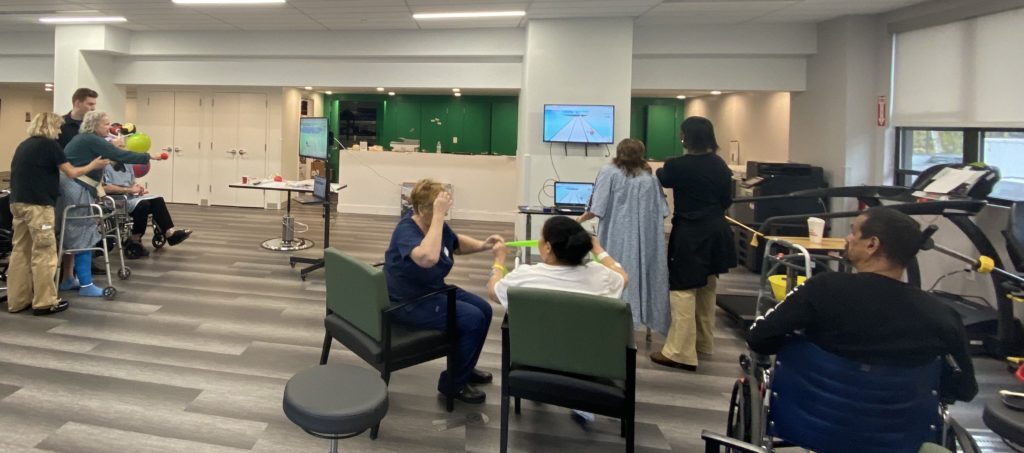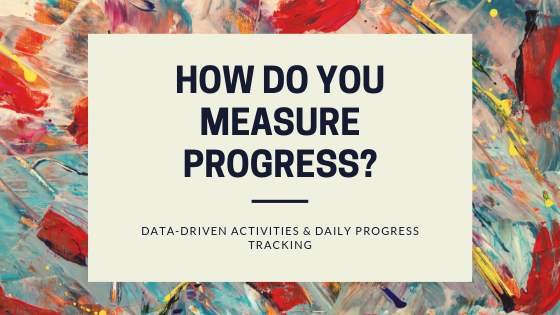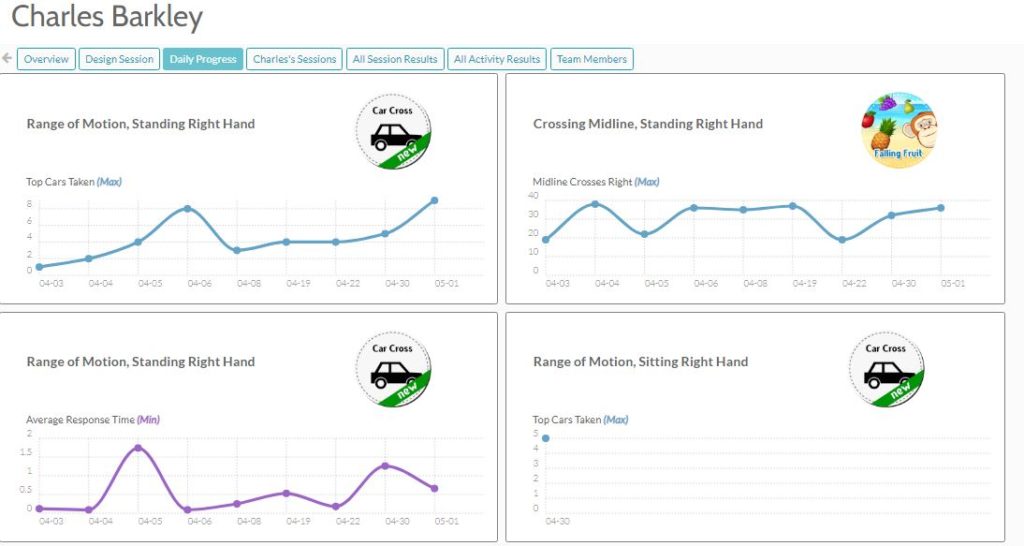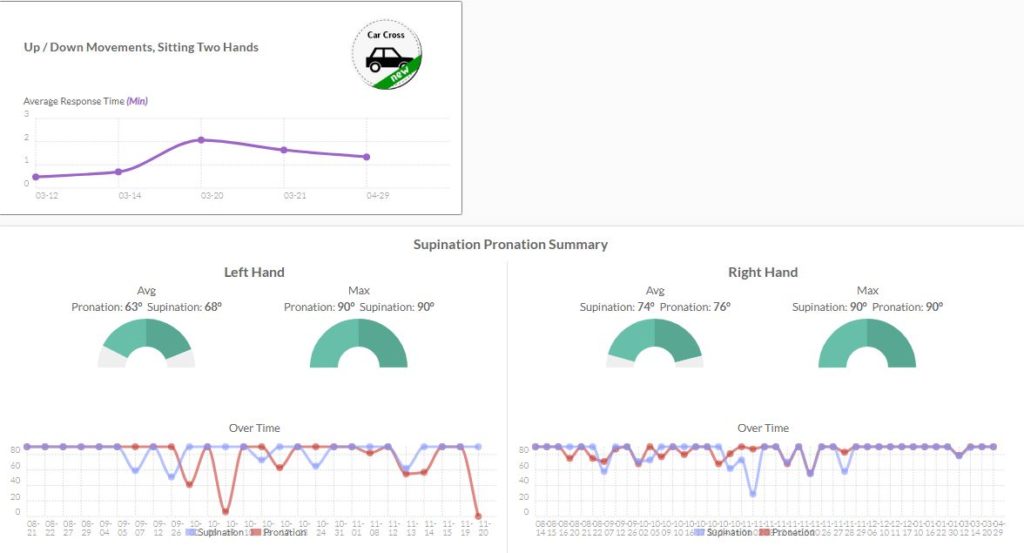There’s no question that therapy today in skilled nursing facilities looks vastly different than it did several months ago (and for many years before that). What is yet to be determined is whether or not these changes can result in positive outcomes for all parties involved--patients, of course, therapists and skilled nursing facilities.
Just recently, the federal government released a much-needed $5 billion aid package to SNFs--one that came on the heels of the industry's first-ever decline in margins reported since 1999. That funding, combined with the collective will to improve therapy challenges that existed in the industry even prior to COVID-19, is a rare opportunity. Of course, COVID-19 exacerbated challenges SNFs were already facing, it is also an opportunity for a total redesign of how SNFs provide therapy. I would like to propose that the vastly different climate in SNFs this summer 2020 should be a springboard for a more positive future for therapy in skilled nursing facilities.
Moving from RUG-IV reimbursement to PDPM for therapy
Last October 2019 when the federal government entered a new fiscal year, the new Patient-Driven Payment Model (PDPM) replaced the long-held Prospective Payment System, RUG-IV approach to billing for therapy based on time spent per patient. The immediate effect of that change was that 43 percent of operators reported laying off therapists to a Skilled Nursing News SNF poll, as well as a reduction in hours. Facilities started providing more group therapy and concurrent therapy sessions, offering patients a chance to be motivated by one another as they each worked toward personal goals.
That was until COVID-19 hit in March 2020.
We in the industry would still be sorting out the ripple effect of the move to PDPM this year, except that a bigger tsunami hit the skilled nursing facility industry in the form of a global pandemic.
COVID-19 results in bigger changes for therapy
Five months into the COVID-19 pandemic, and most long term care patients are still spending the majority of time in their rooms, with little to no outside visitors. Therapy gyms are closed or only available to a limited number of patients at a time--at a social distance. And skilled nursing facilities are no longer getting reimbursed by therapy minute thresholds.
Therapists are now providing therapy within patient rooms, but this can be limited to the creativity, experience level and motivation of each individual therapist.
You could look at this as a disaster for the state of therapy in skilled nursing facilities, but I see it as an opportunity. As an experienced occupational therapist, I long ago recognized the need for a new approach to SNF therapy. The tired therapy exercises of batting at balloons and using cones or a pegboard are not enough to motivate patients to reach new goals. I despised going through the motions of cookie-cutter therapy. I knew I wasn’t providing the best opportunity for healing to my patients.
The SNF therapy industry needed a shakeup, and now we have it.
The change to PDPM means the number one focus is on patient outcomes. This should always be our goal as therapists and SNFs, and COVID-19 doesn’t change this goal either.
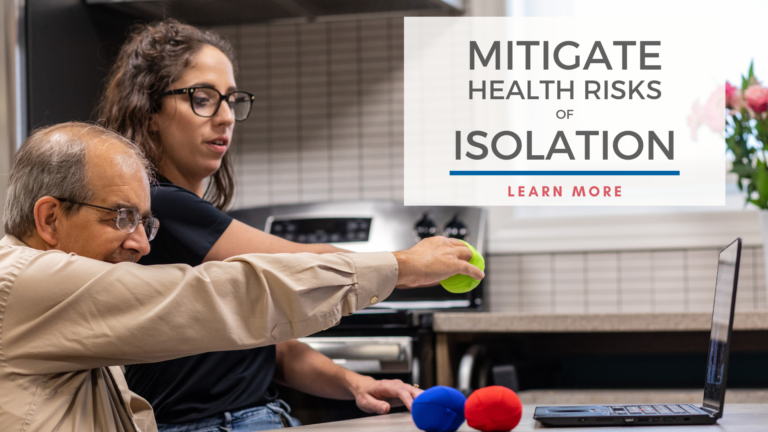
Here are 4 ways we can take 2020’s changes to SNF therapy and use it as a springboard for better therapy and more positive outcomes in the future
Focus on our ability to accelerate outcomes
Patients, therapists and SNFs are all now aligned around one goal every time: achieving the best outcome in the shortest, most responsible period of time. This has always been what the patient wants and what is best for the facility, but now the PDPM reimbursement aligns with that goal.
How do we achieve this? By focusing on the patient experience. We make therapy fun, engaging and rewarding. Patients who are motivated in therapy will achieve a more positive outcome in a shorter span of time. Of course, every therapist appreciates the rare patient who is motivated and agreeable, but this isn’t always the case when patients can have a whole host of complicated reasons that leave them less motivated in therapy. Therapists need tools they can use that make therapy effective and engaging. The technology exists to do this. I work for a cutting edge company that is leading the way in this area with therapy gaming technology, and the early adopters of this kind of therapy will be among those who are best poised to achieve accelerated outcomes for their patients.
Focus on connectivity and transparency
Prior to COVID-19, SNF facilities could rely on family visits to keep families connected to their loved ones. Families could easily pop in and ask a question to a nurse or social worker during these visits and, of course, schedule a care consultation.
Now with limited visitation for the foreseeable future due to COVID-19, facilities must proactively keep families in touch with their loved ones and informed about their care. Connectivity and transparency needed to always be a priority, but now all SNFs are forced to make this happen.
Most facilities have succeeded in scheduling Zoom and Facetime calls with families. Some facilities are mandated to do so by their state. But imagine if instead of talking from a chair or bed, families joined parts of a therapy session? Technology offers an incredible level of transparency, as families can motivate patients and celebrate their achievements as they watch. Families will recognize the value of long term care rehab and rest assured their loved one is getting excellent treatment. Gone are the concerns about what is happening behind the walls of a SNF when the relatives aren’t there.
We at RESTORE have incorporated video conferencing into our platform, and no doubt, this will be an initiative with staying power.
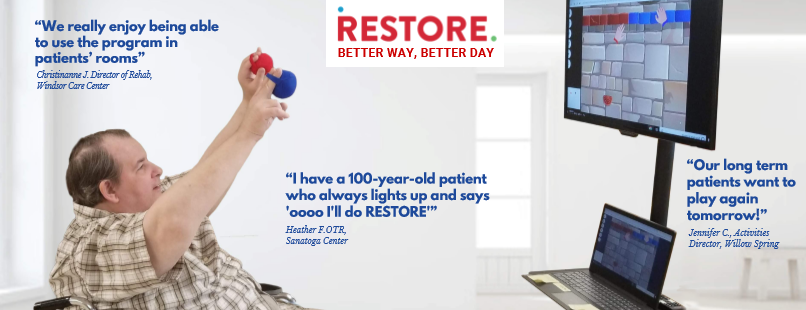
Improve continuity of care
SNFs have always had high turnover and a constant need to aggressively hire new staff. And in therapy, the use of PRNs can mean that new therapists frequently join the care team. COVID-19 escalated this issue as SNF employees were suddenly called upon to soldier through a battle they hadn’t realized they signed up for, and facilities faced more shortages than ever.
The need to standardize care for every person providing treatment has always been a priority, but now it’s an absolute necessity. This is where technology comes in. With therapy technology, every therapist on the team can facilitate a similar session experience, regardless of how well they know the patient. Obviously, rapport in therapy is key to overall success, but when that’s not a possibility, it’s still essential that the patient continues to reach individual goals. Technology that tracks this progress and helps therapists facilitate the actual exercises is key.
Skilled nursing facilities that do this well will have an evidence-based practice to identify patients’ needs and show progress.
This is what we developed with RESTORE Skills, and this is where the future of SNF therapy lies.
Differentiate the care approach and share success stories
Competition is fierce for the same type of patient now with PDPM. It’s not enough to just have an aesthetically beautiful facility. SNFs have to offer a higher quality of care than their competition and then share those stories through marketing.
Those skilled nursing facilities that differentiate themselves from their competitors by offering better therapy outcomes will be positioned to succeed in the future.
Ultimately, to achieve all of these improvements, SNF employees need to work as a team. When it comes to creating positive outcomes for patients, none of the goals of SNF employees can be individual or exist in a silo. For example, I can’t manage to succeed with a patient in OT if he didn’t get the nutrition he needs or a good night sleep because his roommate kept him up. SNFs need more collective leadership to actually achieve the integrative care approach. This is more than just a morning meeting. It’s one where every team member realizes that they are one piece of a puzzle, working together for a greater goal that can only be achieved with all of them together.
I left my position after 25 years as a therapy provider, clinical specialist and multiple senior care operator because I saw in my position as CCO at RESTORE Skills an opportunity to impact the whole industry. I recognize how new ways of thinking about therapy in SNFs can have a greater impact on patients and on the facilities and their employees as well. As we continue to deal with the ripple effect of these past few months, I have no doubt that more innovation and new ways of thinking about SNF therapy will develop. Those skilled nursing facilities that embrace this technology and look for ways to achieve more accelerated positive outcomes will come out on top.
Click here to learn more about how RESTORE Skills is helping skilled nursing facilities meet therapy needs, improve patient outcomes, and keep patients engaged and connected, especially during COVID-19.
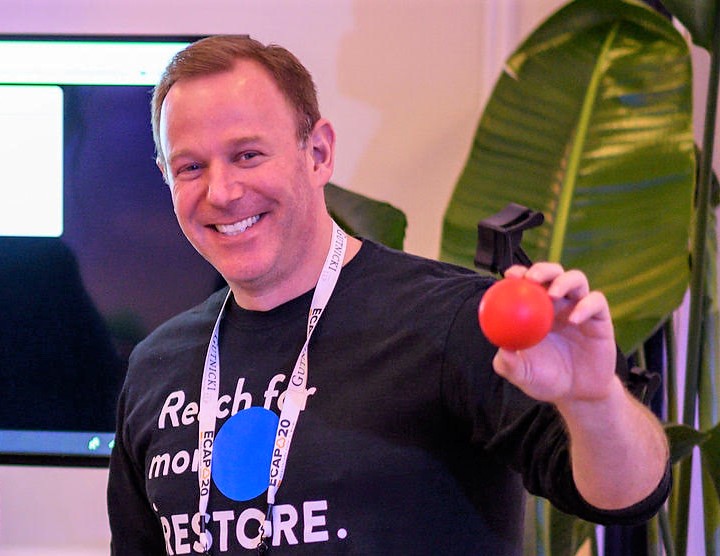
About the author:
Ian Oppel is a healthcare executive with over 25 years of post-acute healthcare leadership experience providing expertise in rehabilitation, fiscal and clinical operations, memory care, senior living, reimbursement, and regulatory compliance. Ian is currently the co-founder and chief clinical officer for RestoreSkills, a leading edge therapeutic gamification and telehealth company.
